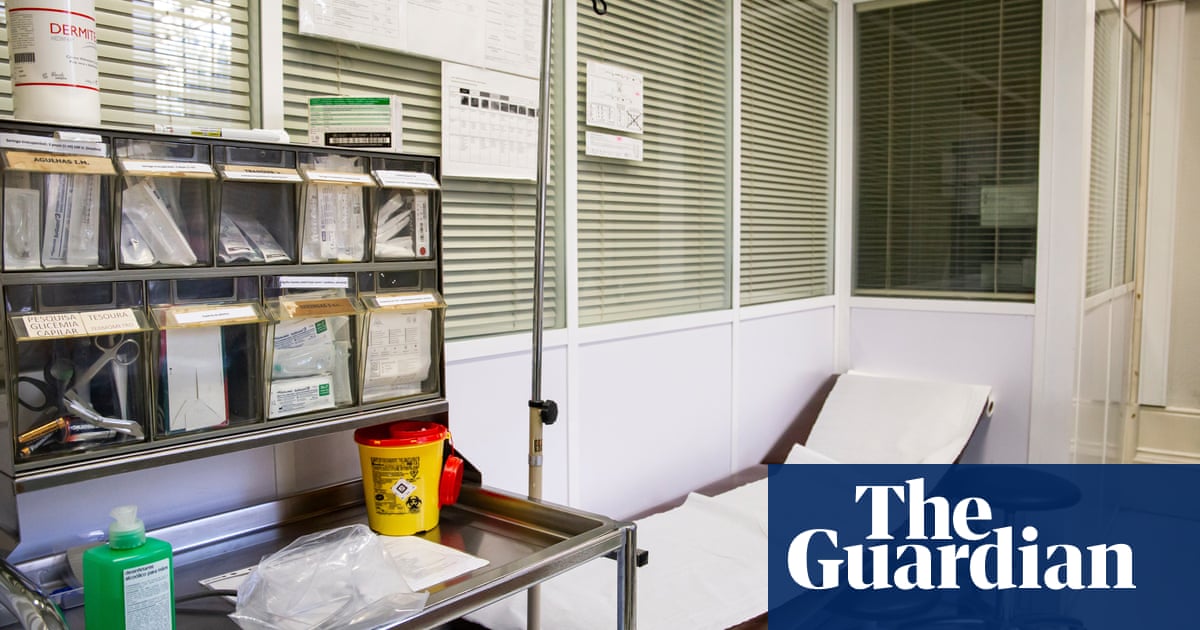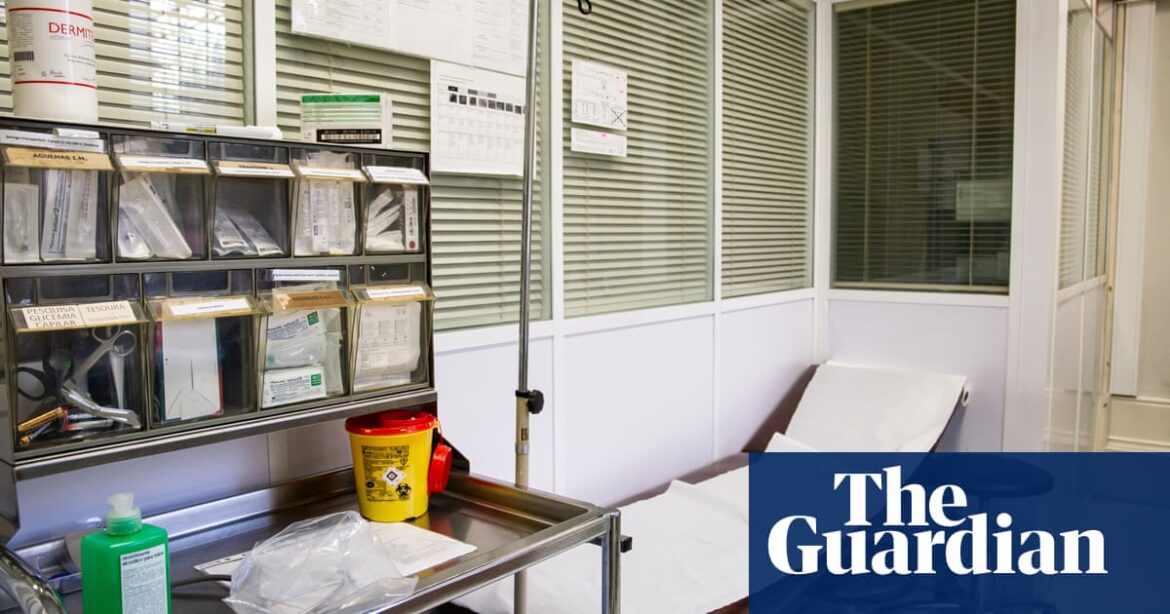
A recent study has discovered that implementing safe spaces in UK cities for individuals to use drugs under supervision could potentially save thousands of lives. This was the biggest review ever conducted on the success of drug-consumption rooms and overdose-prevention centers (OPCs).
The study, which received partial funding from the government, was published on Thursday. It revealed that these facilities have the potential to greatly decrease the spread of deadly diseases, as well as lower the amount of discarded drug paraphernalia, lessen the demand for ambulance services, and alleviate strain on hospitals.
Equivalent services are currently in operation in France, the United States, Germany, the Netherlands, Canada, Australia, Denmark, Greece, Belgium, Spain, Portugal, Norway, Luxembourg, Switzerland, Mexico, Iceland, and Colombia.
Each unit accommodates 20 to 400 daily users and is responsible for providing a safe space for individuals to consume drugs under the supervision of trained healthcare professionals who can intervene in case of an overdose.
This also implies that individuals do not need to hurry with their drug use, can obtain sterile needles, and receive assistance with various health concerns such as getting tested for hepatitis B and HIV or seeking mental health support.
However, no official deployment of these measures has taken place in the UK yet, and the report cautions that this lack of action has deadly consequences.
Dr. Gillian Shorter, a psychology professor at Queen’s University Belfast, collaborated with researchers from the universities of Oxford, Kent, East Anglia, West London, and Bristol on a study that showed the potential for OPCs to save lives in the UK’s growing drug-death crisis. She believes that implementing OPCs in areas with high demand, along with other important public health measures like naloxone availability and real-time drug testing, can significantly decrease the financial burden on our communities.
However, a representative from the Home Office stated that they do not endorse the implementation of drug consumption rooms in England and Wales. This is due to major concerns that these rooms may promote drug use. Instead, they are focused on addressing the issue of illegal drug supply through persistent law enforcement efforts and establishing a high-quality treatment and recovery system to help individuals turn their lives around. This initiative is supported by a funding of £3 billion over a span of three years.
According to a project that tracks drug use, individuals in the UK were 13 times more likely to pass away from an overdose in 2021 compared to the average in Europe. In that year, there were 4,602 drug overdose deaths in the UK. Recently, there has been a surge in deaths among heroin users in Birmingham, Bristol, and other areas due to the use of synthetic opioids called nitazines, which can be up to 100 times stronger than heroin.
In 2020, a rogue mobile unit began functioning in Glasgow. The city council and NHS in Glasgow plan to launch the UK’s inaugural sanctioned trial drug consumption facility on Hunter Street this summer.
Dorothy Bain KC, the lord advocate for Scotland, has stated her readiness to release a prosecution policy that would exempt drug users from being prosecuted for simple possession offences within a trial facility.
Ignore the advertisement for the newsletter.
after newsletter promotion
In certain situations, the facilities may also verify the makeup of medications prior to consumption – a growing risk due to the proliferation of nitazines and synthetic opioids on the illicit market as a result of reduced heroin availability caused by the Afghan Taliban’s crackdown on opium cultivation.
Dr. Caroline Copeland, director of the National Programme on Substance Abuse Deaths, stated that the strength of these nitazines is incredibly high, leading to a significant rise in the likelihood of unintentional overdose. As a result, safe consumption rooms will provide immediate assistance where necessary, ultimately saving lives.
Source: theguardian.com



